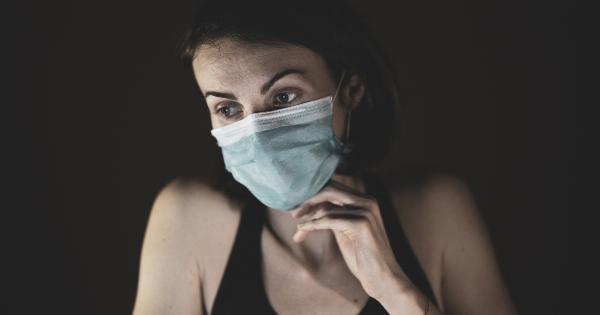Flu is a common infectious disease, which usually affects the respiratory system. The virus is primarily transmitted through coughing, sneezing, or close contact with an infected person.
Although most people recover from the flu without any serious complications, for elderly people, it can be life-threatening. This was the case for one 102-year-old woman who recently fell ill with the flu.
The Symptoms Begin
The elderly woman, who lived in a retirement home, began experiencing symptoms such as a high fever, cough, and body aches. Her health quickly deteriorated, and she became extremely weak and lethargic.
The staff at the retirement home immediately contacted her family and called for an ambulance. The woman was taken to the hospital, where she was diagnosed with the flu.
The Struggle to Recover
The next few days were a struggle for the elderly woman as she battled the flu. Her fever remained high, and her condition continued to worsen.
The hospital staff did everything they could to help her recover, but her age and weakened immune system made it difficult.
The Importance of Vaccination
The flu vaccine is recommended for all individuals, but it is particularly important for elderly individuals, who are more susceptible to serious complications from the flu.
Unfortunately, many elderly individuals do not receive the vaccine, either because they are unable to leave their homes, or they believe that the vaccine is not effective. However, the flu vaccine is the best defense against the flu, and it is important for everyone to receive it, especially those at higher risk.
The Recovery
After several days of treatment, the elderly woman began to show signs of improvement. Her fever subsided, and she began to regain her strength.
She was eventually discharged from the hospital and returned to the retirement home, where she continued to recover.
The Aftermath
The experience was a wake-up call for both the woman and her family. They realized the importance of taking precautions against the flu, and made sure that the woman received the flu vaccine the following year.
The family also became advocates for vaccination, encouraging others to get vaccinated and protect themselves from the flu.
Conclusion
The flu can be a serious illness, especially for elderly individuals.
It is important for everyone, but particularly for those at higher risk, to receive the flu vaccine and take other precautions, such as washing their hands frequently and avoiding contact with people who are sick. By taking these measures, we can help prevent the spread of the flu and protect ourselves and those around us from this potentially life-threatening illness.































